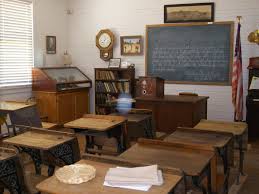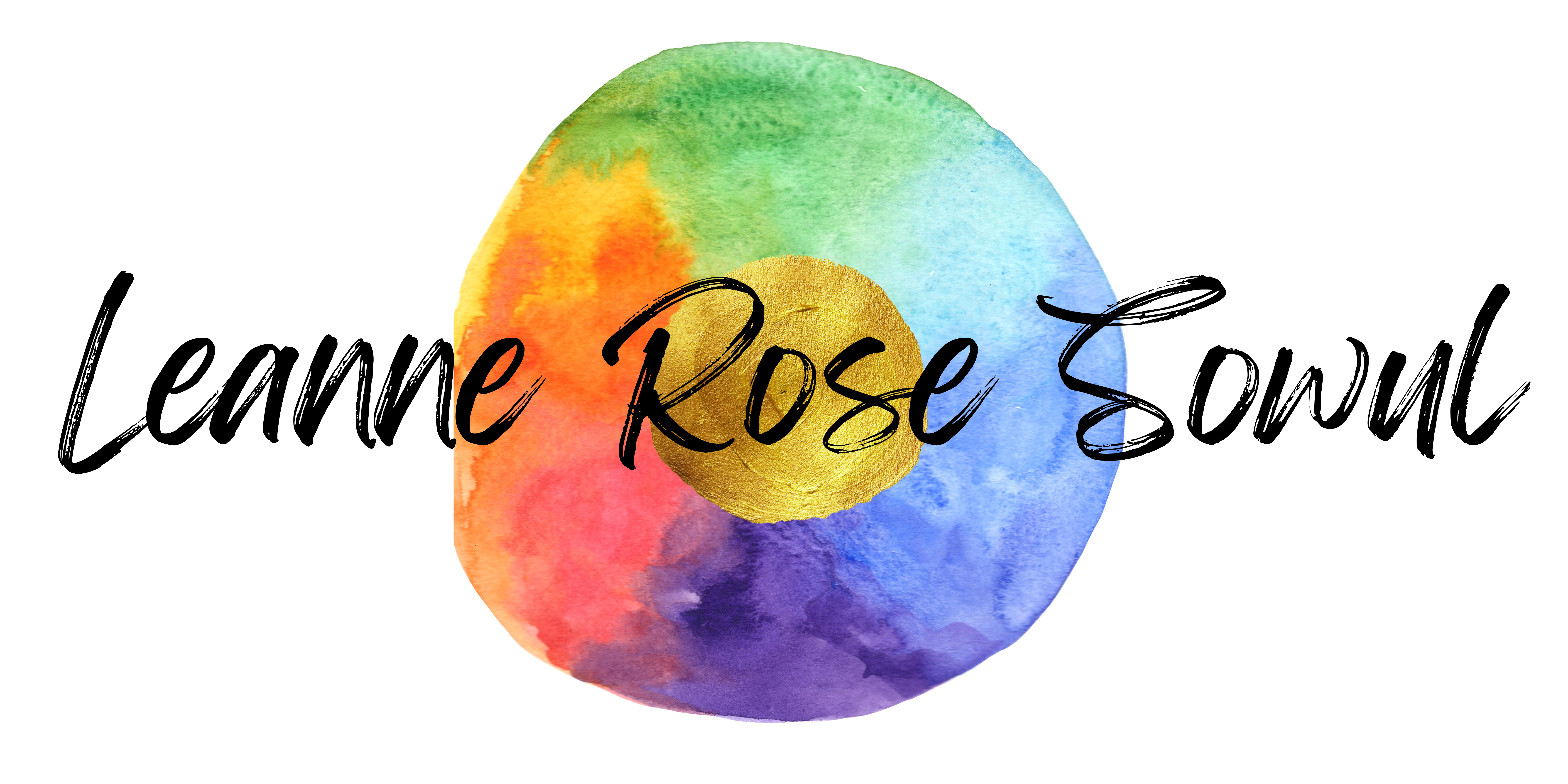I’ve been working on a short story inspired by one of the old Life magazines I picked up at an antique mart earlier this month. It’s about a girl named Rose starting a new school in the early 1950s, just after her father was killed in Korea and her mother was forced to join the workforce. The school is a “progressive” school (profiled in the magazine) that expects their students to speak up in class and become self-directed learners; it’s a far cry from the traditional lecture-and-study method that Rose is used to. Rose immediately has problems fitting in because she’s become a selective mute since her father’s death. She can’t communicate her thoughts or participate in many class activities, and the girl who’s been assigned as her seat mate is instantly hostile toward her. 
I was pretty happy with the outline of this story, and Rose’s character. I was about halfway through my first draft and getting into the rhythm of things, when a seemingly random thought popped into my head.
“Rose was abused by her father,” the thought said.
I shook my head. In the story, Rose missed her father very much. The first few pages include many references to the things she used to do with him, and the pain of his death is fresh. She is temporarily mute because he died.
“No,” I said to the thought. “That’s not what’s happening here.”
I kept writing.
“Rose was abused by her father,” the thought insisted.
I stopped typing. I walked away to think about things, and wondered where this thought was coming from. I’ve never written about parent-child abuse (the main character in my novel Waist is abused by her uncle, but that’s a very different dynamic). Moreover, I love my dad and have a great relationship with him, similar to the one I was trying to portray in the original story; I wasn’t sure if I could write an abusive father realistically. I decided not to pursue the thought.
But the next time I sat down to write, the words wouldn’t come. I just couldn’t continue the story the way I’d started. That voice was telling me that Rose had been abused, and it was showing me a new way through the story. I could no longer write what I’d originally planned.
So this week I’m starting from scratch. I’m going to begin draft 0.5, with Rose as a victim of abuse by her (still) dead father. I have a feeling that the story will write itself if I just get out of its way.
This is what I love- and hate- about writing fiction: it never goes the way you planned. You can outline and create characters all you like, but sometimes neither structure works. Sometimes the whole scaffold falls down on one creative thought. Sometimes a story that should work never does, and sometimes one that started with almost nothing becomes brilliant. The process can be frustrating, especially for planners like me.
But there’s one thing I have learned, and re-learned this week: if you resist those voices telling you where the story needs to go, you’ll never make it to the end.
How about you? Have you ever found yourself surprised by a character mid-story?

This is interesting to me, even though I don’t write fiction. Sometimes even nonfiction goes in a direction you don’t have planned. It also reminded me of one of the Anne of Green Gables books, when Anne is writing a story and she can’t make her main character do what she wants her to do, much to the puzzlement of Anne’s best friend. (Anne books are some of my favorites and I appreciated the reminder. Maybe it’s time for a reread?)
I forgot about that part of Anne! That is a great passage for writers.
It’s true that nonfiction often goes off in a new direction too. But I feel like that usually happens organically. I don’t get the same wrenching feeling that I do when fiction changes course.
I can’t remember if I’ve run into instances where one of my characters took the story in a different direction… But sometimes I’ve discovered things about characters while novel-writing that have surprised me. The most recent example is a supporting character from my WIP. For a long time, I thought he was a only child. Then during a scene I was revising, he was talking to the protagonist and said that another character reminded him of his younger sister. My first thought was, “?!?!” But I’ve since accepted that change in the character’s history.
Again, it’s not quite what you were talking about, but it’s the closest similarity I could think of…
Sara, do you think those unexpected character changes come down to whether you’re a plotter or a pantser? I know you’ve written about that on your blog. I always try to be a plotter, but my WiPs just seem to “pants” themselves.
That’s a good question… I think it’s hard to predict character changes regardless of whether you’re a plotter or a pantser, unless it’s considered part of the “plotting” side of things. But even though I plotted my WIP before I drafted it, I personally don’t think I did enough character development back then. So I was (and still am) learning more about my characters as I went along. Their personalities, histories, etc. are more “set in stone” now, but sometimes little details surprise me.
I have no idea if that makes any sense… But I guess it all comes down to how well you know your characters before you start writing…?